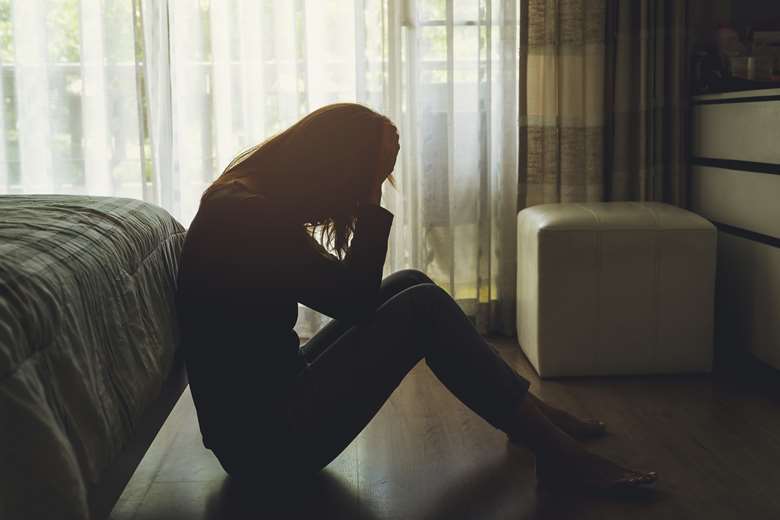
Abortion is one of the greatest tragedies of the modern era, and certainly the worst human rights issue of our time. For many women, it’s an unbelievably difficult experience that leaves mental and physical trauma behind.
This pain only further compounds when there’s no protection from outside pressure or forces to make that unthinkable choice. Unfortunately, for many women in Kansas, this lack of protection from those voices is their reality.
According to reporting from the Kansas Reflector: “Gov. Laura Kelly flexed a veto pen to reject bills Friday prohibiting gender-identity health care for transgender youth, introducing a vague crime of coercing someone to have an abortion and implementing a broader survey of women seeking abortion that was certain to trigger veto override attempts in the Republican-led House and Senate.
The decisions by the Democratic governor to use her authority to reject these health- and abortion-rights bills didn’t come as a surprise given her previous opposition to lawmakers intervening in personal decisions that she believed ought to remain the domain of families and physicians…
… Kelly also vetoed House Bill 2436 that would create the felony crime of engaging in physical, financial or documentary coercion to compel a girl or woman to end a pregnancy despite an expressed desire to carry the fetus to term. It was approved 27-11 in the Senate and 82-37 in the House, again potentially on the cusp of achieving a veto override.”
It’s frankly shameful that the Governor would take an action that indirectly lands her on the side of abusers and sex traffickers. The sad truth is that most abortions are coerced – according to data from The Charlotte Lozier Institute:
- 67% of women described their abortions as “accepted but inconsistent with their values and preferences” (43%) or “unwanted or coerced” (24%).
- Only 33% identified their abortions as wanted.
- 60% would have preferred to give birth if they had received either more emotional support or had more financial security.
Unfortunately, many more women in Kansas will now face similar situations because the Governor refused to let a law that would protect them move forward – despite being supported by the majority in both chambers of the State House.
Hopefully, the votes will be veto proof, and the law can go into effect.
